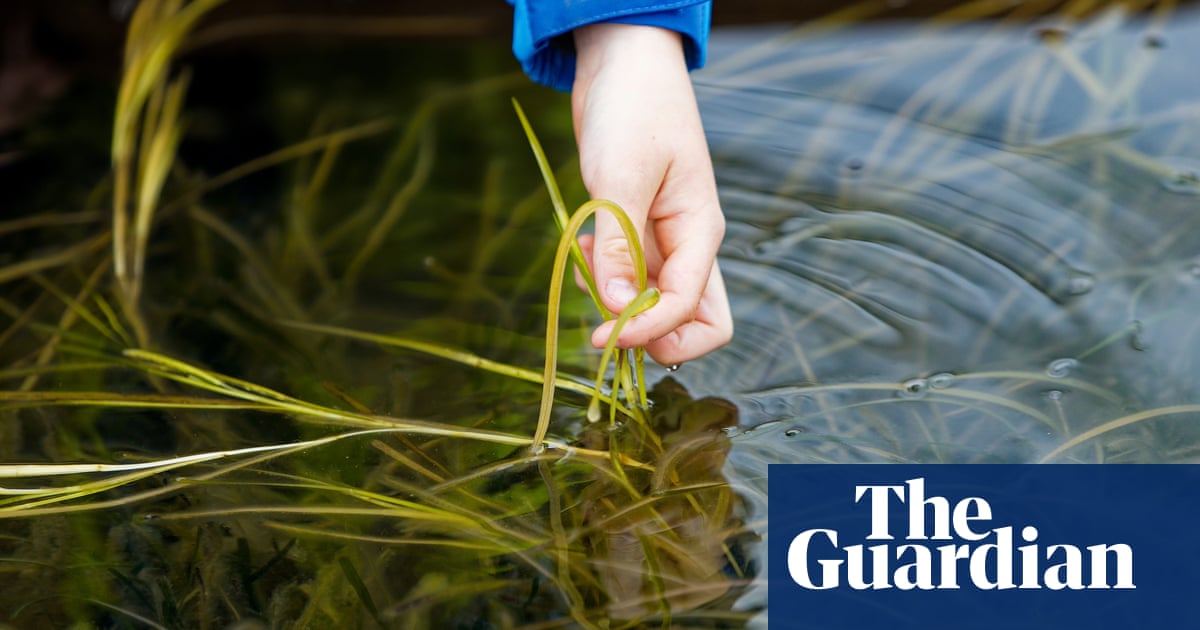It is a much-loved stretch of Celtic coastline, revered by poetry lovers as the place where Dylan Thomas lived his final years and by thrill seekers as a spot for breaking land-speed records.
Now between Thomas’s boathouse home at Laugharne and the natural fast track of Pendine Sands in south-west Wales, an ambitious project is under way to try to help restore one of the world’s most important and threatened habitats: seagrass meadows.
Two species of seagrass, flowering plants that live in shallow, sheltered bays and provide a vital habitat for species including seahorses, octopuses and cuttlefish and are an important carbon sink, are being grown in ponds fed with seawater pumped in from Carmarthen Bay.



This is the best summary I could come up with:
It is a much-loved stretch of Celtic coastline, revered by poetry lovers as the place where Dylan Thomas lived his final years and by thrill seekers as a spot for breaking land-speed records.
Now between Thomas’s boathouse home at Laugharne and the natural fast track of Pendine Sands in south-west Wales, an ambitious project is under way to try to help restore one of the world’s most important and threatened habitats: seagrass meadows.
Over the past two years, what is being billed as the UK’s first large-scale seagrass nursery has processed 1.5m seeds collected from sites in Wales and England and grown tens of thousands of plants, the first of which have been introduced into the wild to restore underwater meadows.
They are processed at a warehouse in Bridgend, south Wales, and stored carefully in conditions that match their natural habitat – quite chilly and salty.
The team has found that planting the seeds in a combination of play sand and a loam often used for council cricket pitches works well.
A wasting disease caused a drastic reduction in the 1930s, and their replenishment is hampered by increased human factors such as pollution and physical disturbance, including dredging.
The original article contains 728 words, the summary contains 198 words. Saved 73%. I’m a bot and I’m open source!